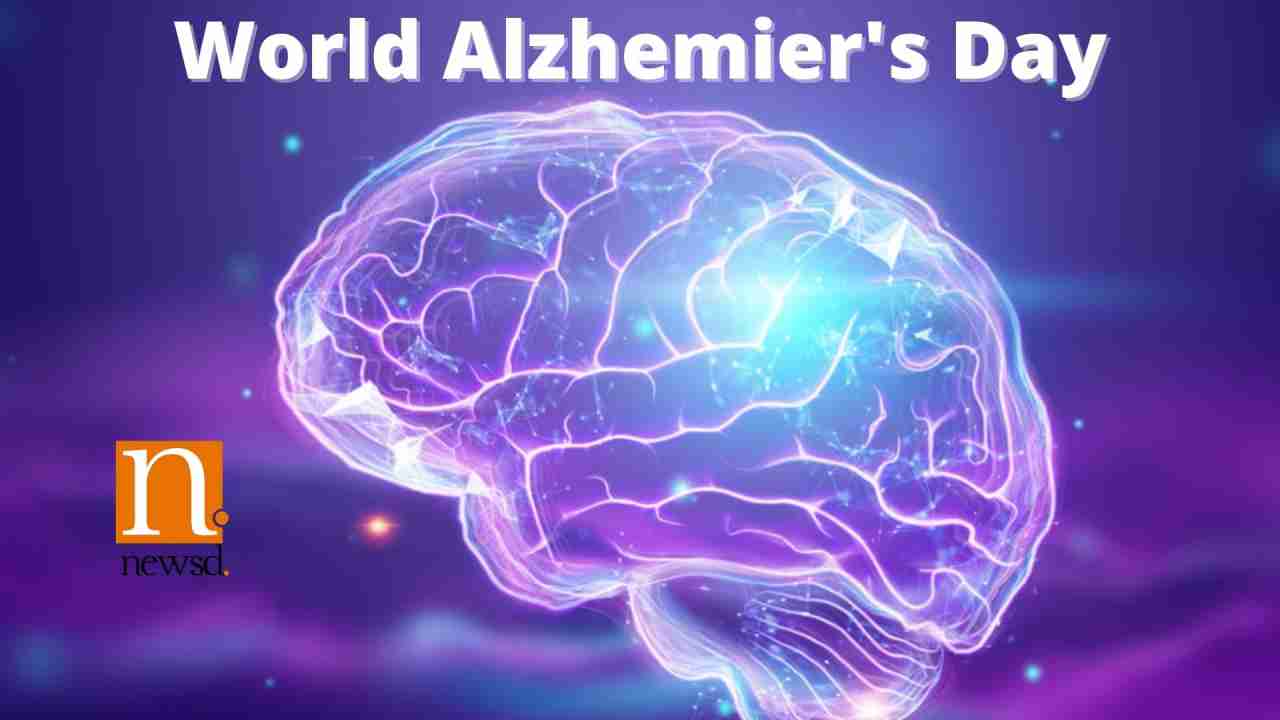World Alzheimer’s Day is observed every year on September 21. The day aims at raising awareness and challenge the common stigma that surrounds Alzheimer related dementia.
According to Alzinfo, every 65 seconds, someone develops Alzheimer’s disease. At current rates, experts believe the number of Americans living with Alzheimer’s will quadruple to as many as 16 million by the year 2050.
The theme for World Alzheimer’s Day 2020 is “Let’s Talk About Alzheimer.” The day was first observed in 2012.
What is Alzheimer?
Alzheimer, in simple terms, is a brain disease that negatively affects memory, thinking, and behavior. These changes interfere with daily living. According to the Alzheimer’s Association, Alzheimer’s disease accounts for 60 to 80 percent of dementia cases. Most people with the disease get a diagnosis after age 65. If it’s diagnosed before then, it’s generally referred to as early-onset Alzheimer’s disease.
Symptoms of Alzheimer:
According to the National Institute on Aging, in addition to memory problems, someone with Alzheimer’s disease may experience one or more of the following signs:
- Memory loss that disrupts daily life, such as getting lost in a familiar place or repeating questions.
- Trouble handling money and paying bills.
- Difficulty completing familiar tasks at home, at work, or leisure.
- Decreased or poor judgment.
- Misplaces things and being unable to retrace steps to find them.
- Changes in mood, personality, or behaviour.
- Withdrawal from friends, family, and community.
Stages of Alzheimer:
- Stage 1. There are no symptoms at this stage but there might be an early diagnosis based on family history.
- Stage 2. The earliest symptoms appear, such as forgetfulness.
- Stage 3. Mild physical and mental impairments appear, such as reduced memory and concentration. These may only be noticeable by someone very close to the person.
- Stage 4. Alzheimer’s is often diagnosed at this stage, but it’s still considered mild. Memory loss and the inability to perform everyday tasks is evident.
- Stage 5. Moderate to severe symptoms require help from loved ones or caregivers.
- Stage 6. At this stage, a person with Alzheimer’s may need help with basic tasks, such as eating and putting on clothes.
- Stage 7. This is the most severe and final stage of Alzheimer’s. There may be a loss of speech and facial expressions.
Treatment Of Alzheimer:
Alzheimer’s is most commonly identified through patient and family history, and by talking to the immediate family about the presence of symptoms. Also, brain imagining may be suggested to check for beta-amyloid protein deposits. As of today, there is no curative treatment for Alzheimer’s. Drugs are usually administered to manage symptoms and healthy lifestyle changes.
Despite this, Alzheimer’s is one of the most expensive diseases to get treatment for. The global cost of dementia is estimated to be around $1 trillion currently.


















